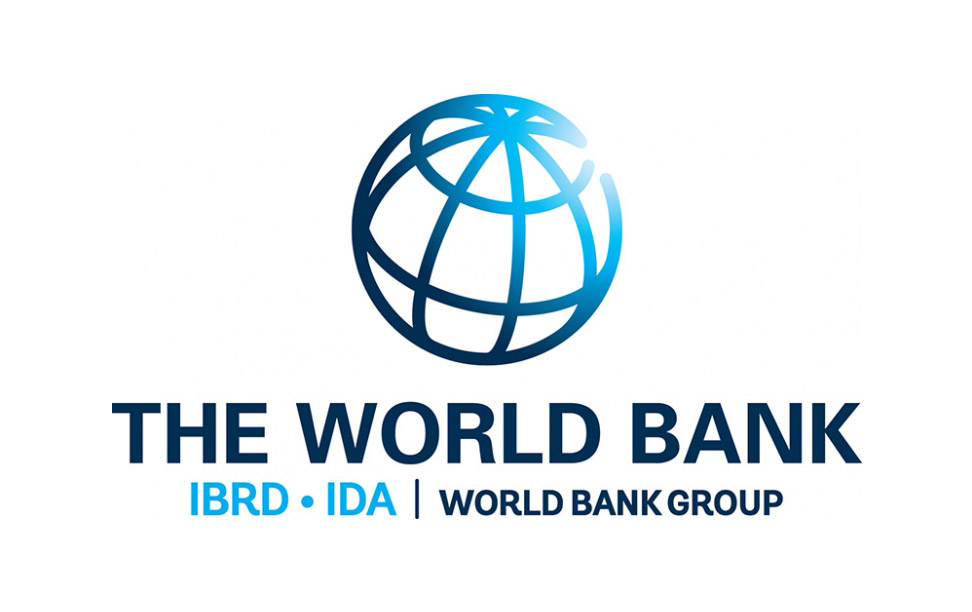December 05, 2018 (MLN): In the latest round of monetary policy decision, State Bank of Pakistan increased the interest rate by 150 basis points to 10%. The reasons cited were elevated fiscal deficit, rising inflationary pressures, low real interest rate, and narrowing but still significant current Account deficit as the key factors for interest rate hike.
Tight monetary policy and the tight fiscal policy are the critical instruments to destroy aggregate demand. Once demand is curtailed, it will help reduce import demand and accordingly the trade and current account balance will improve.
The current hike in policy rate raises the question that will it help to reduce macroeconomic imbalances, particularly fiscal deficit? This could be analyzed from past statistics.
As during the period 2013 to 2016, when SBP continued accommodative monetary policy stance, budget deficit reduced from 8.5 percent of GDP in 2012-13 to 4.6 percent of GDP by 2015-16, that is, Pakistan's fiscal deficit was reduced to the extent of almost 4.0 percentage point of GDP during the period.
Interestingly, during the same period, the sharp and unprecedented decline in international price of oil had been observed, that reduced the oil import bill and accordingly kept overall imports under control that helped in keeping current account deficit and fiscal deficit low.
Budget deficit as a percent of GDP
Moreover, during the month of July to September FY19, when SBP continued tightened monetary policy stance to curtail budget deficit, inflation and other macroeconomic imbalances, Pakistan’s fiscal deficit stood at 541.7 billion, which is 1.2% high as compared to the corresponding period previous year.
In Pakistan, several researches have revealed that the monetary tightening has a meagre impact on reducing fiscal deficit.
Tightening of monetary policy may not always bring inflation under control and hence the fiscal deficit continues to increase, as there are time lags, i.e. it takes time for interest rates to influence the rest of the economy, moreover it makes businesses not willing to expand their operations, which leads to less production and eventually higher prices.
Moreover, the amount of credit could also be reduced which will lead to decline in bank’s earnings generated from interest rates on loans.
Copyright Mettis link News
24612








